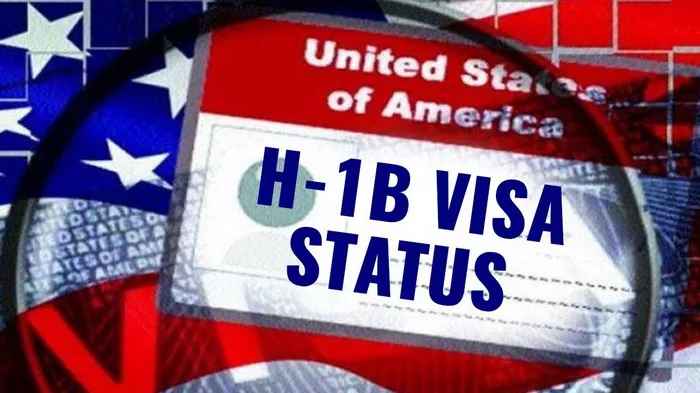The ongoing technological rivalry between the United States and China shows no signs of abating, particularly as the commercial applications of artificial intelligence (AI) continue to mature rapidly. Recognizing the significant potential of even nascent AI technologies, countries worldwide are vying to develop and integrate them effectively to advance their national interests.
A critical factor in this competition lies in each country’s human capital, particularly in the realm of AI. The availability of a highly skilled workforce in AI-related fields is increasingly becoming a decisive factor in determining a nation’s competitive edge. The nation that can attract and retain the top talent in AI stands to gain a crucial first-mover advantage in shaping the future global economy.
Despite the intensifying tech competition, recent diplomatic engagements between the U.S. and China suggest a mutual desire to manage tensions and pursue a peaceful rivalry. The extension of the legacy U.S.-China Science and Technology Agreement and discussions about a bilateral dialogue on AI underscore both countries’ willingness to establish guardrails in this critical sector.
However, the sense of urgency surrounding the tech competition persists, fueled in part by concerns about the global economic recovery post-pandemic. While the International Monetary Fund (IMF) has revised its forecast for global GDP growth upward, challenges such as inflation, unemployment, and low consumer spending remain significant hurdles for both the U.S. and China.
In response to these challenges, China is doubling down on investments in AI and emerging technologies to stimulate long-term economic growth. Meanwhile, major economies are racing to adopt integrated AI systems across various sectors, recognizing the strategic imperative of not falling behind in this rapidly evolving landscape.
The benefits of early adoption of AI are already evident in the business world, with companies incorporating AI technologies reporting substantial increases in gross earnings. Moreover, they are investing in reskilling their workforce to meet the evolving demands of the industry.
In the U.S., efforts are underway to cultivate a domestic workforce ready for the AI era through legislative measures and executive orders. However, to fully realize these efforts, it is crucial to streamline the immigration process for highly skilled foreign experts who can contribute to the AI industry.
The current H1-B visa system, with its stagnant caps and cumbersome application process, poses a significant barrier to attracting top AI talent to the U.S. While recent proposals aim to modernize the system, they fall short of addressing the fundamental issue of visa caps.
Given the influx of foreign students pursuing advanced technology degrees in the U.S., Congress is urged to reform the H1-B visa process to better accommodate the needs of the AI industry. Increasing the cap on H1-B visas, particularly for positions critical to national interests, would be a vital first step in this endeavor.
While amending the H1-B visa process alone may not secure a permanent lead for the U.S. in the tech competition, it would provide a crucial advantage in maintaining competitive momentum and nurturing a domestic AI workforce for the future.


